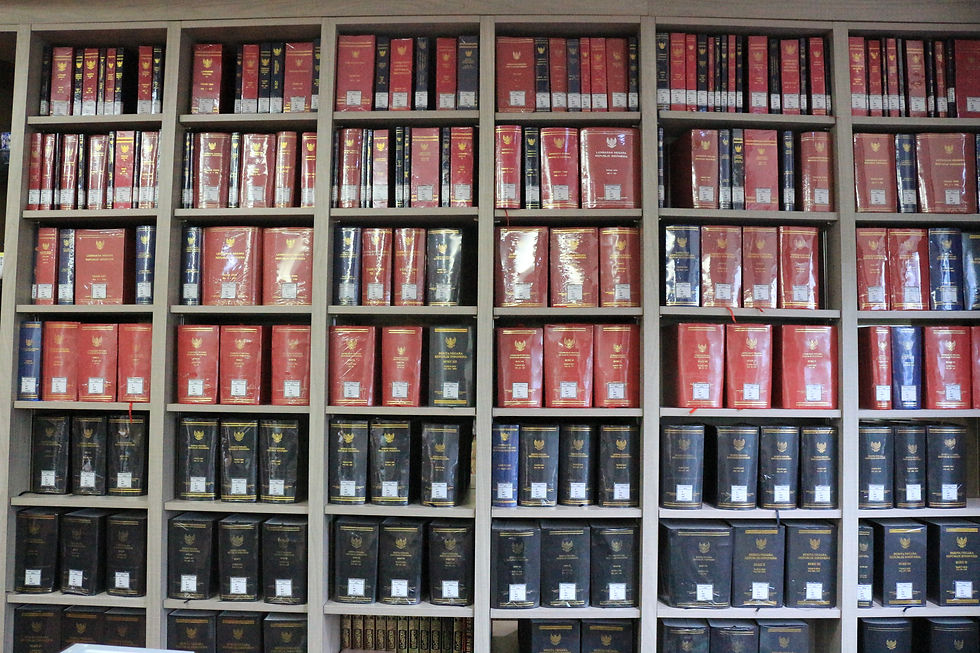
Consumer Protection

Consumer protection law in Indonesia is primarily governed by Law No. 8 of 1999, which safeguards a consumer's right to safe, quality, and fairly priced goods and services. The law also imposes strict obligations on businesses, including transparency and liability for defective products or misleading advertising. At Farida Law Office, we represent both consumers and businesses in navigating this legal landscape, helping to strike a balance between consumer rights and fair business practices. With a rapidly growing digital economy,
The legal complexities of consumer protection present distinct challenges for both consumers and businesses in Indonesia:
For Consumers: They often face issues such as product defects, misleading advertisements, unfair clauses in service agreements, and a lack of clear information on product use or maintenance. Seeking redress can be daunting due to the power imbalance between an individual and a large business entity.
For Businesses: They must ensure compliance with a broad range of obligations, including providing honest and accurate information, guaranteeing product safety, and handling customer complaints effectively. Failure to comply can lead to legal claims, financial penalties, and damage to their brand reputation.
Dispute Resolution: The process for resolving disputes can be complex, and both parties need legal guidance to navigate the options, from out-of-court settlements to formal court proceedings.
Our counsel is based on the primary legal frameworks for consumer protection in Indonesia:
Law No. 8 of 1999 on Consumer Protection: This is the foundational law that establishes the rights of consumers and the obligations of businesses. It defines the principles of good faith and legal certainty in transactions.
The Civil Code (KUHPerdata): The Civil Code provides the legal basis for contract law and tort claims, which are often used in consumer disputes to seek compensation for losses.
The Law on Electronic Information and Transactions (UU ITE) and the Personal Data Protection Law (PDP Law): For digital transactions and e-commerce, these laws add crucial protections for consumer data privacy and security.
The Consumer Dispute Resolution Body (BPSK): This is a key alternative dispute resolution mechanism established by law. It provides a non-litigation pathway for settling disputes through mediation, conciliation, or arbitration, offering a simple, fast, and low-cost alternative to court proceedings.
We apply our expertise by providing a balanced, dual-perspective approach to consumer protection. For consumers, we analyze your case to determine the most effective legal remedy, whether it's through negotiation, a complaint to the BPSK, or a lawsuit in court. We meticulously prepare your claim, ensuring all legal requirements are met to maximize your chances of receiving a fair settlement or compensation. For businesses, we conduct proactive legal audits to identify and rectify areas of non-compliance, such as misleading marketing materials or inadequate product labeling. When a dispute arises, we provide robust legal defense, guiding you through the BPSK or the court process to protect your rights and reputation. By understanding the law from both the consumer's and the business's point of view, we provide strategic solutions that ensure fairness and compliance.
In a market driven by consumer trust, a solid understanding of consumer protection law is non-negotiable for both parties. Farida Law Office provides a strategic and balanced approach, empowering consumers to exercise their rights and helping businesses operate with integrity and legal certainty. We ensure that your interests are protected, allowing for fair and effective engagements that build a foundation of trust.
Our services in this area include:
Advising on Compliance
Handling Disputes Before the Consumer Dispute Settlement Agency (BPSK)
Product Liability Cases
Unfair Business Practice Litigation
If you have specific consumer protection needs, please contact us for further discussion.
